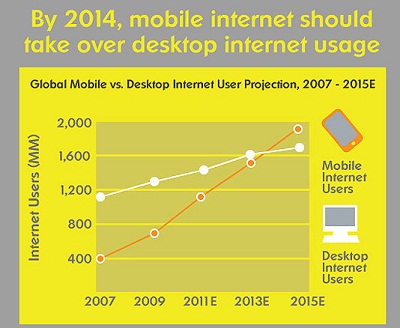Globe and Mail – The digital revolution is poised to transform Canadian health care, promising more timely access to doctors and streamlined service that is expected to improve the patient experience while reducing waste and unnecessary testing.
But the technological changes – from an app that connects surgical patients to their doctors, wherever they are, to the dream of a single electronic health record a patient has for life – also come with a downside: the possible breach of privacy.
Ontario’s Privacy Commissioner Ann Cavoukian says she is a huge supporter of electronic health records but stressed they must be done in a secure manner, adding that nothing deserves greater protection than a patient’s medical information. For the rest of the story see Globe and Mail

